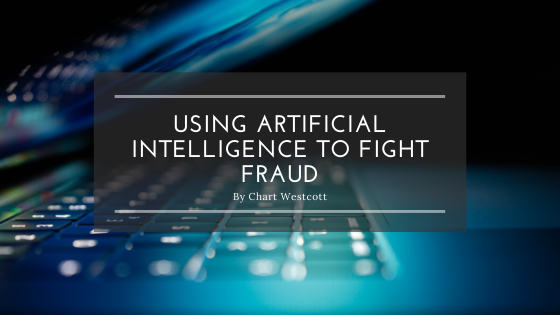As technology advances, life gets easier for millions of people around the world. In recent years, mobile applications have changed the way just about everyone lives. For example, apps have eliminated common errands like going to the bank or the post office. USPS will send box holders pictures of their mail. If it’s not urgent, customers can decide to wait. Banking apps allow people to transfer money, deposit checks, and quickly check balances. Of course, all of this makes people more vulnerable in some ways.
If someone’s whole life is on their phone, that means that only their phone needs to be compromised to access their personal data. This makes mobile crime attractive to criminals, and even easier for software masterminds to get away with. As mobile technology has exploded, so has mobile fraud. Between 2015 and 2018, mobile fraud surged by over 680%. In fact, these days about 20% of all cyberattacks originate on mobile apps. Criminals like these platforms because they are so versatile and can be vulnerable. Mobile apps make it easier for them to target their marks in more ways than ever before.
Rogue mobile apps are being launched at a rate of about 80 per day. The makers of these apps are seeking details like people’s PINs, passwords, and other login details. These pieces of information allow them to access key financial and personal details. Phishing and malware have long been a feature of the world wide web. Everyone knows to look out for them, however, it is not clear that people are aware of the risks over mobile apps. Rogue apps seek to do all the same things that other cyberattacks do. There are also so-called smishing attacks. Smishing uses text messages as the initial contact with intended victims, rather than email.
AI has real potential for helping to identify fraudulent transactions before they occur. By tracking the way a user normally behaves, artificial intelligence can identify outlying transactions and flag them as potential fraud. This has made it easier than ever for consumers to keep an eye on all of the outlets that they have personal information stored.
In addition to human behavior, AI can track the way the mobile device itself is operating. This can detect issues like SIM swapping as they occur before serious breaches result. Finally, AI can provide a real-time transaction risk score. This permits each party in a transaction to know how trusted the other party they’re dealing with is.
Artificial intelligence technology is also used to add another layer of protection to apps and websites that utilize personal information. Many apps offer the option to log in with a face ID rather than a username and password that could be easily hacked. Face identification is a more advanced and recent technology that many mobile applications are turning towards in the fight against fraud.



